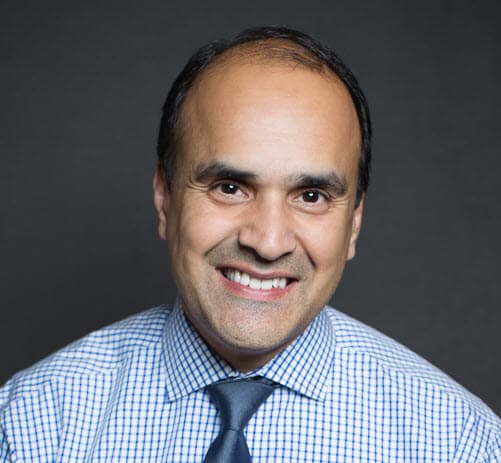
@ShahidNShah

The Markle Foundation has been giving some very reasonable advice on the use of IT and technology in general for the healthcare industry. Their most important advice, if heeded by lawmakers, would put to effective use the billions of dollars that have been earmarked for healthcare IT in the ARRA stimulus bill.
I loved what they said in their letter to Frizzera (CMS), Blumenthal (ONCHIT), and Orszag (OMB).
On page 3:
In setting metrics, HHS should resist the temptation to impose too many prescriptive technology requirements. The most constructive part of the rule will define what needs to be achieved as opposed to precisely how systems must behave to achieve it….The requirements should not require a narrow process or deployment of a particular tool. Rather, technology and care redesign innovations should be encouraged to engage consumers more fully in planning and managing their care through a variety of approaches.
On page 4:
The approach to standards must enable a wide array of providers with varying levels of IT adoption and support, from sophisticated integrated delivery systems to the physician in solo practice, to achieve the goals of Meaningful Use. Technology or standards requirements that are unnecessarily complex, or that fail to take into account the diverse needs of a wide spectrum of health care providers, can have the unintended consequence of narrowing participation. Care must be taken to avoid stifling alternatives or innovations that would otherwise propel more widespread adoption of health IT to improve health care quality and costeffectiveness.
These direct statements take into account the mistakes made in the past by folks (like CCHIT and others) who believe that features and functions in software create better outcomes. We all know that people and process which the right selection of a wide variety of technologies (and no specific product or vendor) create better outcomes.
It’s great to see that influential voices like Markle are making the arguments clearly and in an easy to understand manner. Those of us in the healthcare IT sector of the industry should use materials from Markle to make our cases as well. Everyone is focused and listening and now is the time to make sure we don’t repeat the mistakes of the past and push specific vendors and technologies or products into legislation or rule-making.
In an associated document entitled “Demonstrating Meaningful Use of Health IT for 2011 and Beyond” Markle advises the following foundational principles:
Later on page 7 they make a great point (the emphasis on compliance exercise is mine):
Systems must be able to support providers’ needs for information to meet meaningful use goals. The underlying objective is to put useful information into the hands of providers and patients to improve care, and not to create a compliance exercise.
I’m hoping that Dr. Blumenthal will give Markle’s recommendations due attention.

Shahid Shah is an internationally recognized enterprise software guru that specializes in digital health with an emphasis on e-health, EHR/EMR, big data, iOT, data interoperability, med device connectivity, and bioinformatics.
Connecting innovation decision makers to authoritative information, institutions, people and insights.
Medigy accurately delivers healthcare and technology information, news and insight from around the world.
Medigy surfaces the world's best crowdsourced health tech offerings with social interactions and peer reviews.
© 2025 Netspective Media LLC. All Rights Reserved.
Built on Mar 12, 2025 at 5:07am